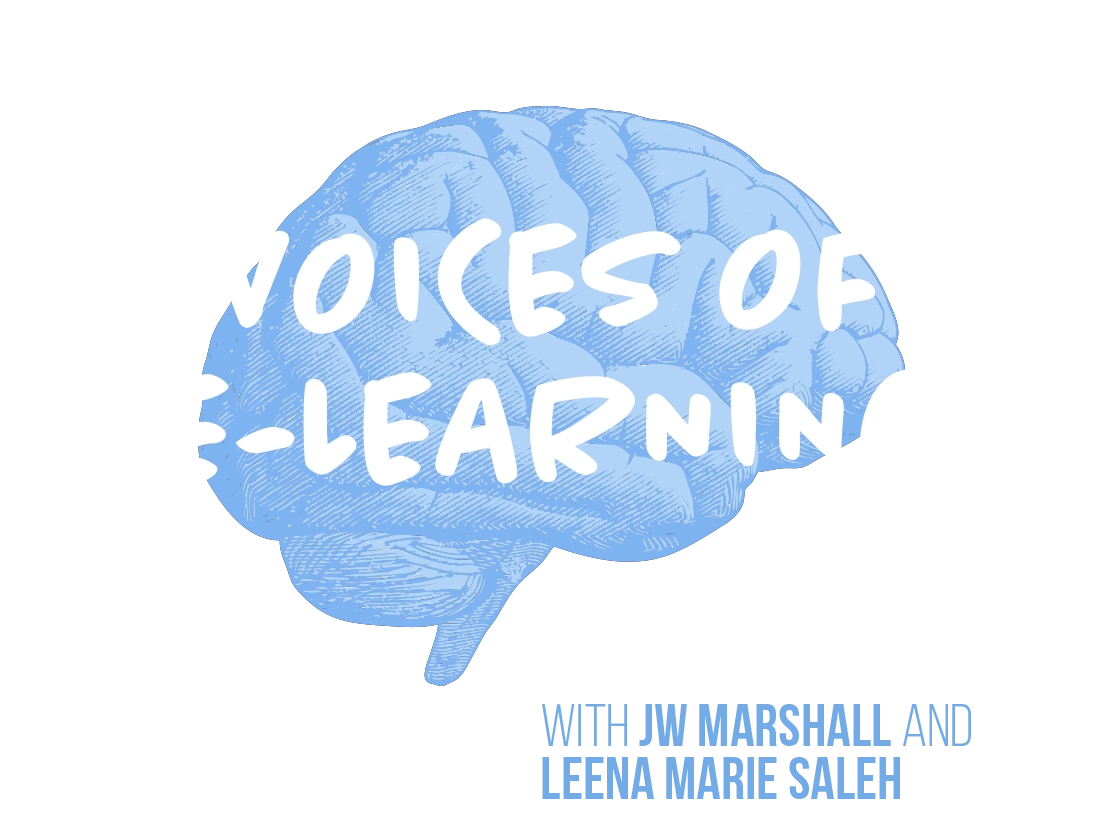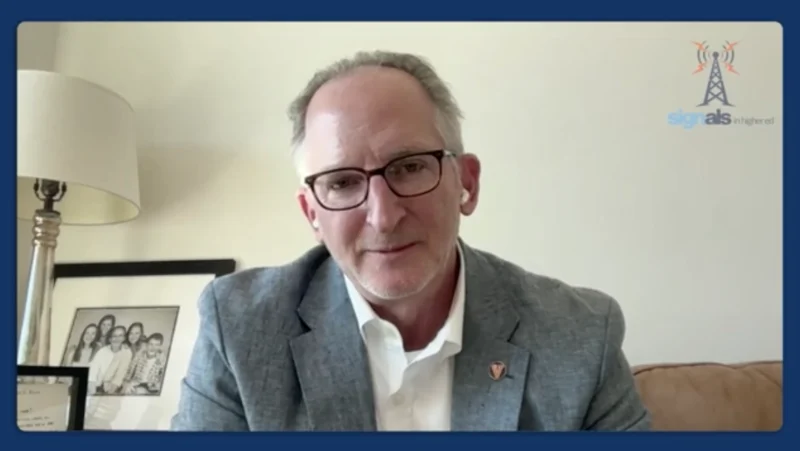The Educational Landscape in Crisis
All tutoring is not created equal—that doesn’t mean all tutoring is bad, different needs work for different people. Yet, even so, there is one tutoring method that seems to help kids tenfold: high dosage. So how does this tutoring method have an upperhand over other methods, and how is our current educational landscape in crisis?
The latest episode of Voices of E-Learning with hosts JW Marshall and Leena Marie Saleh welcomes guest Hayley Spira-Bauer, Chief Academic Officer with i-Tutor. The three chat about her background, the educational landscape in crisis and the future.
Spira-Bauer has always had a passion for learning and education. As a former teacher, she has endeavored to make education accessible for all. As the education system gears up for a potentially major turning point, Spira-Bauer is at the center of the movement.
“I have this vision that education is at this really critical point right now. The conditions of the pandemic and where schools are today, in crisis on a variety of fronts, have allowed schools to think more creatively about how schools can be in order to provide the best services for students, and i-Tutor is at the very center of that,” noted Spira-Bauer.
Marshall, Saleh, and Spira-Bauer further discuss…
● How tutoring quality varies and how high-dosage tutoring works
● Why the educational system is at a critical point
● How education can change and help draw kids into school
“So, right now, we’re experiencing an academic crisis. But, unfortunately, what we’re also experiencing is a social and emotional crisis for students… The pandemic was traumatic,” said Spira-Bauer.
Spira-Bauer has spent more than fifteen years in the educational landscape, first as a teacher with P.S. 55 before working with Harlem Village Academies in multiple capacities. In addition to her current role as Chief Academic Officer with i-Tutor, she is an EdTech Mentor and sits on the Advisory Board for Inspiring Educators. Spira-Bauer earned her B.S. in Psychology from the University of Pennsylvania and her Master of Science for Teachers from Pace University.




